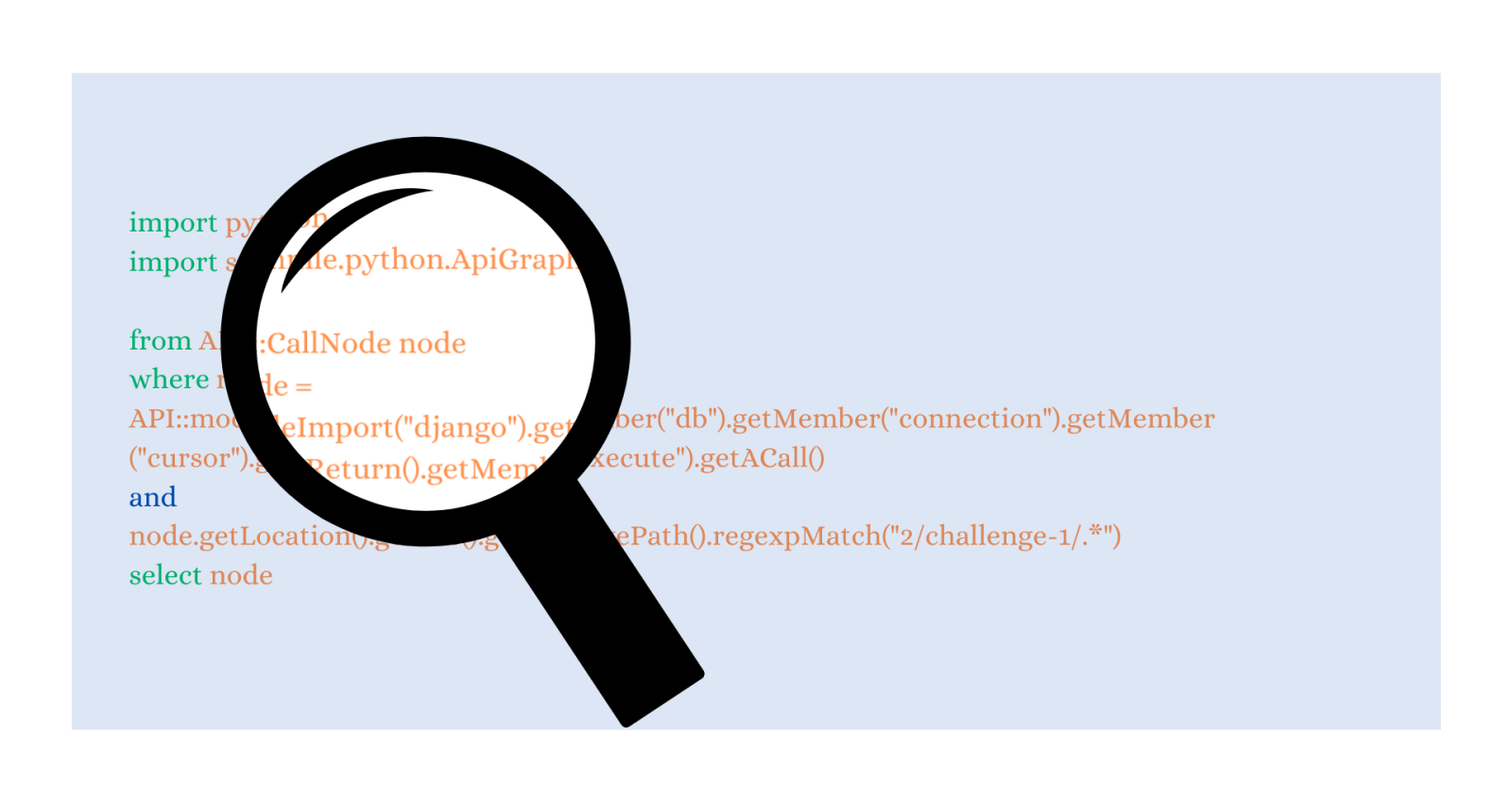The basic idea of passing arguments by keyword is very simple. When invoking a function, inside the parentheses there are always 0 or more values, separated by commas. With keyword arguments, some of the values can be of the form paramname = <expr> instead of just <expr>.
SEO KPIs & Metrics: 17+ Visual Examples | Klipfolio
First, a parameter is a named entity in the function/method definition that specifies an argument. An argument is a value passed to a function.. For example, def rectangle_area(height, width): pass rectangle_area(argument_1, argument_2) height, width are the function parameters, and argument_1, argument_2 are the arguments passed to the function. When you say positional argument, you are

Source Image: github.blog
Download Image
The meaning of the keyword parameter is determined by: the argument’s name specified along with its value. its connection with existing variables. its position within the argument list. its value. PE : All Parts.

Source Image: toptal.com
Download Image
15 things you should know about Dictionaries in Python | by Amanda Iglesias Moreno | Towards Data Science
In this lesson, we’re going to take a look at using keyword arguments to provide values to those same parameters. When you call a function, instead of just providing a value you, can use the notation <name>=<value>, where <name> is the name of the parameter and the <value> is the expression or value you would like that specific parameter to

Source Image: semrush.com
Download Image
The Meaning Of The Keyword Parameter Is Determined By
In this lesson, we’re going to take a look at using keyword arguments to provide values to those same parameters. When you call a function, instead of just providing a value you, can use the notation <name>=<value>, where <name> is the name of the parameter and the <value> is the expression or value you would like that specific parameter to
Yes fine answer. Another note: If you call your function foo (bar=True) you can get the values using bar = keywords.pop (‘bar’) same as bar = keywords.pop (‘bar’, None). For default value, use bar = keywords.pop (‘bar’, False) Using keyword arguments is the same thing as normal arguments except order doesn’t matter.
13 Advanced SEO Techniques & Strategies for 2024
Nov 11, 2022Explanation: Keyword parameters (also called named parameters) are parameters that have values determined by a keyword name followed by an equals sign (=) and a default value assigned to that keyword name. An example of a keyword argument: def my_function (x=1):. More Questions: Python Essentials 1 – Module 2 Test
24 Best Market Research Tools & Software in 2024

Source Image: qualaroo.com
Download Image
Commercial Intent: How to Find Your Most Valuable Keywords
Nov 11, 2022Explanation: Keyword parameters (also called named parameters) are parameters that have values determined by a keyword name followed by an equals sign (=) and a default value assigned to that keyword name. An example of a keyword argument: def my_function (x=1):. More Questions: Python Essentials 1 – Module 2 Test

Source Image: wordstream.com
Download Image
SEO KPIs & Metrics: 17+ Visual Examples | Klipfolio
The basic idea of passing arguments by keyword is very simple. When invoking a function, inside the parentheses there are always 0 or more values, separated by commas. With keyword arguments, some of the values can be of the form paramname = <expr> instead of just <expr>.

Source Image: klipfolio.com
Download Image
15 things you should know about Dictionaries in Python | by Amanda Iglesias Moreno | Towards Data Science
The meaning of the keyword parameter is determined by: the argument’s name specified along with its value. its connection with existing variables. its position within the argument list. its value. PE : All Parts.

Source Image: towardsdatascience.com
Download Image
Python kwargs: Guide to Keyword Arguments
With keyword arguments, some of the values can be of the form paramname = <expr> instead of just <expr>. Note that when you have paramname = <expr> in a function definition, it is defining the default value for a parameter when no value is provided in the invocation; when you have paramname = <expr> in the invocation, it is supplying a value

Source Image: ioflood.com
Download Image
What are *args and **kwargs and How to use them
In this lesson, we’re going to take a look at using keyword arguments to provide values to those same parameters. When you call a function, instead of just providing a value you, can use the notation <name>=<value>, where <name> is the name of the parameter and the <value> is the expression or value you would like that specific parameter to
Source Image: listendata.com
Download Image
Parameter Actions: KPI Navigator. Parameter Actions are now available in… | by Filippos Lymperopoulos | Medium
Yes fine answer. Another note: If you call your function foo (bar=True) you can get the values using bar = keywords.pop (‘bar’) same as bar = keywords.pop (‘bar’, None). For default value, use bar = keywords.pop (‘bar’, False) Using keyword arguments is the same thing as normal arguments except order doesn’t matter.

Source Image: medium.com
Download Image
Commercial Intent: How to Find Your Most Valuable Keywords
Parameter Actions: KPI Navigator. Parameter Actions are now available in… | by Filippos Lymperopoulos | Medium
First, a parameter is a named entity in the function/method definition that specifies an argument. An argument is a value passed to a function.. For example, def rectangle_area(height, width): pass rectangle_area(argument_1, argument_2) height, width are the function parameters, and argument_1, argument_2 are the arguments passed to the function. When you say positional argument, you are
15 things you should know about Dictionaries in Python | by Amanda Iglesias Moreno | Towards Data Science What are *args and **kwargs and How to use them
With keyword arguments, some of the values can be of the form paramname = <expr> instead of just <expr>. Note that when you have paramname = <expr> in a function definition, it is defining the default value for a parameter when no value is provided in the invocation; when you have paramname = <expr> in the invocation, it is supplying a value